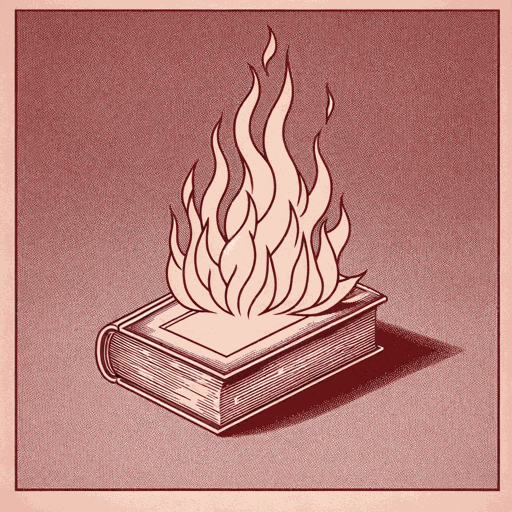63 pages • 2 hours read
Susan OrleanThe Library Book
Nonfiction | Book | Adult | Published in 2018A modern alternative to SparkNotes and CliffsNotes, SuperSummary offers high-quality Study Guides with detailed chapter summaries and analysis of major themes, characters, and more.
Important Quotes
“There was a sense of stage business—that churn of activity you can’t hear or see but you feel at a theater in the instant before the curtain rises […] The library entrances have been thrown open thousands of times since 1859, the year that a public library first existed in Los Angeles.”
(Chapter 1, Page 5)
Orlean likens the goings-on within Central Library to that of a theatrical stage to make the reader aware of the inner workings of a library. What seems effortless to the visitor is actually the result of a series of daily actions that are key to the library’s ability to provide services. Orlean’s comparison also undermines the notion of a library as a quiet, sleepy place. She argues, instead, that it bustles with activity.
“They were a rivering [sic] flow of humanity, a gush, and they were looking for baby-name guides, and biographies of Charles Parnell, and maps of Indiana, and suggestions from a librarian for a novel that was romantic but not corny; they were picking up tax information and getting tutored in English and checking out movies and tracing their family history.”
(Chapter 1, Page 6)
Orlean enumerates some of the many diverse reasons people visit libraries. Her use of “river” as a gerund contributes to the reader’s sense that a library is a place in which there is a ceaseless movement of life, in its many forms. People go to the library to get answers to the questions that arise in their lives, and they depend on the library to provide those answers.
“The reading of the book was a journey. There was no need for souvenirs.”
(Chapter 1, Page 8)
Orlean describes why she liked to borrow books from libraries during her childhood. Contrary to the preference for acquiring books that she developed while in college, Orlean initially only got books to read them. All that she sought to keep were the ideas they contained. This quote addresses the materialism involved in book possession and how children, some of the most avid readers, are oblivious to this and tend to be more focused on books as vehicles of learning and curiosity.
Featured Collections
Books & Literature
View Collection
Books on U.S. History
View Collection
#CommonReads 2020
View Collection
Common Reads: Freshman Year Reading
View Collection
Memory
View Collection
New York Times Best Sellers
View Collection
Reese Witherspoon's Hello Sunshine...
View Collection
True Crime & Legal
View Collection


